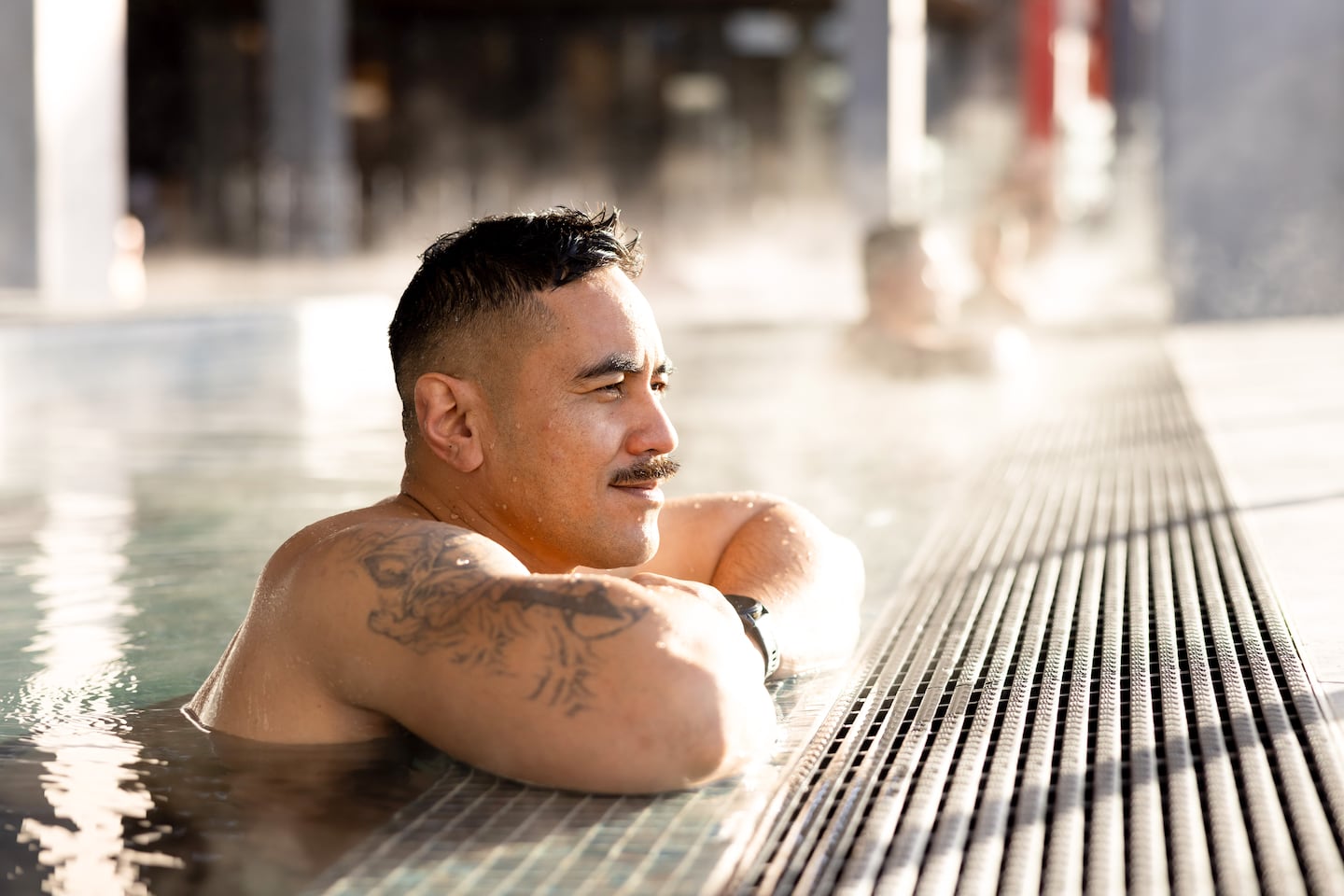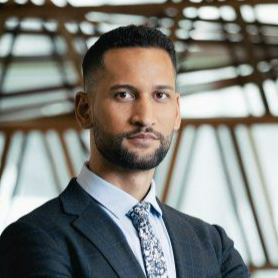Rotorua’s Wai Ariki Hot Springs & Spa is providing a unique avenue for tāne to prioritise self-care and healing.
Demand for the spa’s treatments has soared in 2024, with male clientele nearly tripling as tāne embrace the restorative power of traditional Māori wellness practices.
Wai Ariki general manager Debbie Robertson says this surge is no surprise. “Our tupuna were bathing in these waters hundreds of years ago, so if it was good enough for them, it’s good enough for us,” she says.
The spa’s flagship offering, the Wai Whakaora (Restorative Journey), pays homage to Ngātoroirangi, a legendary navigator and tohunga, incorporating geothermal pools, mud baths, steam rooms, and cleansing waterfalls to offer holistic rejuvenation for body and mind.
Robertson reflects on the inspiration behind the spa’s practices. “Overcoming the cold on Tongariro, Ngātoroirangi called out to his sisters for help,” she says. “We honour that legacy through our treatments, which are designed to nurture resilience and balance.”
One tāne who has experienced the benefits firsthand is Piripi Clarke, a former Married at First Sight contestant and mental health advocate. This Movember, Clarke undertook the formidable challenge of completing 565 pull-ups in a single session — one for each New Zealander lost to suicide in 2023. The effort not only raised over $4,000 for Gumboot Friday but also brought communities together to share their stories.
“I had friends and strangers alike coming forward, sharing their personal experiences with suicide,” says Clarke. “There was so much sweat, blood, and tears but it was amazing to see that kind of connection and support.”
Following the event, Clarke visited Wai Ariki to recover and reflect. “It was so much more than I expected,” he admits. “I’m still learning to talk about it out loud because it was such an emotional time, but the spa experience was restorative in every way.”
Despite the physical toll of the pull-ups — torn hands and aching muscles — Clarke says the challenge reaffirmed his commitment to breaking the stigma surrounding men’s mental health.
As mental health statistics for tāne Māori continue to climb, spaces like Wai Ariki are becoming crucial for creating accessible avenues to well-being. Robertson highlights the importance of providing men with safe, welcoming environments to heal. “Self-care shouldn’t be defined by gender,” she says. “It’s about taking time to prioritise your hauora, and there’s no better place to start than here.”



